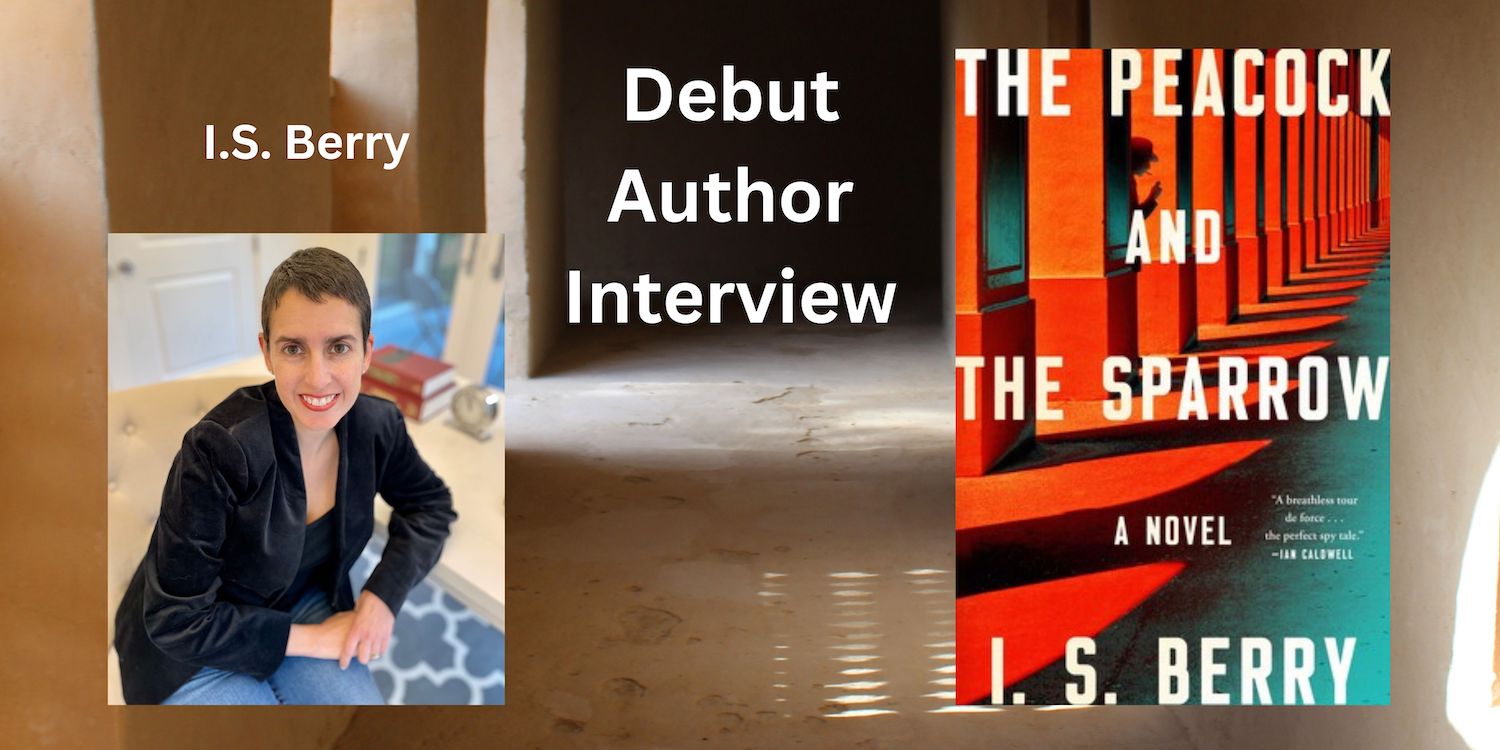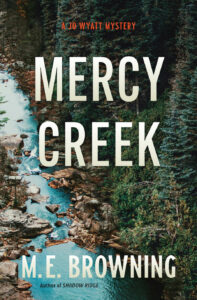The Peacock and the Sparrow, by I.S. Berry
Author Interview + Book & Author Info + Author Pet Corner!
Don’t miss any debut author interviews. Click the link here.
The Peacock and the Sparrow
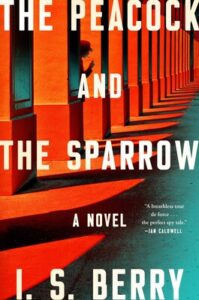 During the Arab Spring, an American spy’s final mission goes dangerously awry in this eerily realistic and sophisticated espionage debut from a former CIA officer that is perfect for fans of John le Carré, Viet Thanh Nguyen, and Alan Furst.
During the Arab Spring, an American spy’s final mission goes dangerously awry in this eerily realistic and sophisticated espionage debut from a former CIA officer that is perfect for fans of John le Carré, Viet Thanh Nguyen, and Alan Furst.
Shane Collins, a world-weary CIA spy, is ready to come in from the cold. Stationed in Bahrain off the coast of Saudi Arabia for his final tour, he has little use for his mission—uncovering Iranian support for the insurgency against the monarchy. He certainly has no use for his naïve and ambitious twenty-eight-year-old station chief. Then Collins meets Almaisa, a beautiful and enigmatic artist, and his eyes are opened to a side of Bahrain most expats never experience, to questions he never thought to ask.
When his trusted informant becomes embroiled in a murder, Collins finds himself drawn deep into the conflict, his growing romance with Almaisa—and his loyalties—upended. In an instant, he’s caught in the crosshairs of a revolution. Drawing on all his skills as a spymaster, he must navigate a bloody uprising, earn Almaisa’s love, and uncover the murky border where Bahrain’s secrets end and America’s begin.
“A breathless tour-de-force, the perfect spy tale” (Ian Caldwell, author of The Fifth Gospel) and dripping with authenticity, The Peacock and the Sparrow is a timely story of the elusiveness of truth, the power of love and belief, and the universal desire to be part of a cause greater than oneself.
To purchase The Peacock and The Sparrow, click on any of the following links: Amazon, Barnes & Noble, Bookshop.org, Books-A-Million
Interview with I.S. Berry, author of The Peacock and The Sparrow

The Peacock and the Sparrow follows Shane Collins, a CIA spy. What should readers know about Shane?
Collins is not a warm, fuzzy guy. A lifetime’s worth of espionage—operating in the shadows, dealing in deceit, manipulating people—has taken a toll on him. He’s middle-aged, jaded, divorced, tarnished by a lackluster career, and faces a terminal sense of impotence. In many ways, he’s a failure. But Collins is true-to-life. Authenticity was paramount to me. There are plenty of novels with glamorized, slick spies; it was important to write something that felt true to my experience, an unconventional spy novel. One that reflected the true weight and dimensions of espionage.
That said, readers will find a core of humanity in Collins. In a world where the good guys look a lot like the bad, Collins tries to navigate his own path through the murk and the Arab Spring. Even for the angels among us, choosing what’s right can be difficult—and Collins is no angel. I hope readers will appreciate—and relate to—Collins’ struggle, and perhaps ask themselves what they would do in his shoes.
Tell us about significance of the title, The Peacock and the Sparrow:
The Peacock and the Sparrow is a tale from 1001 Arabian Nights: a sparrow ignores a peacock’s warning, strays from his path, and gets caught in a net. Fundamentally, it’s about the futility of trying to outrun your destiny. In the Arab Spring, each side—the Sunni monarchy and Shiite majority—believes it’s the rightful victor, that winning is its destiny. Collins, a middling, apathetic spy, also tries to reshape his destiny. Most of us harbor visions, hopes, sometimes illusions, of what our lives should look like. And reality doesn’t always match.
There’s a second, underlying meaning to “The Peacock and the Sparrow” parable in 1001 Arabian Nights that Collins doesn’t figure out until the end. But I don’t want to give anything away.
You spent six years as an operations officer for the CIA, including a stint in Baghdad. How do your real-world experiences impact your fiction?
For me, spying was a dark, haunting profession. I spent a year in wartime Baghdad and had to operate under uncertain, shifting circumstances. One of my most affecting memories is helping to apprehend an alleged terrorist, only to later learn he might not be guilty. To this day, I’m plagued by the irresolution. So I think the murk of espionage really came out in my book—the loose ends, the questions you never answer.
And spying runs on manipulation, which, over time, affects both the person being manipulated and the manipulator. Collins describes manipulation as “an addictive substance, the kind of drug easily procured in the dark isolated tunnels of espionage. No one watching, God on your side.” It was important to me to capture this eroding, deleterious aspect of spying—which is why my characters are messy, battered, debilitated. They’re not James Bond.
At a more literal level, The Peacock and the Sparrow is set during the Arab Spring, so there’s plenty of armed conflict in the book. For these scenes, I drew on my experiences as a spy in wartime Baghdad. Once you witness war, it stays with you. Images in my book are taken from my memories: the stench of burning metal; bombed-out windows like eyes ripped from sockets.
In so many ways, my ghosts tumbled out onto the pages. I agree with Tim O’Brien’s adage: “fiction is the lie that helps us tell the truth.”
In addition to your years working for the CIA, you also have a law degree. What drew you to that education, and how does it manifest in your life now?
Mostly, I went to law school because I didn’t think I could support myself as a writer! But I loved law school. I was fascinated by foreign policy, so I studied mostly international and national security law. My interest in foreign affairs never subsided, transferring to my job at the CIA and eventually to my writing. The Peacock and the Sparrow plunges deep into global politics: the simmering conflict between Iran and Saudi Arabia/Bahrain, the new Cold War in the Persian Gulf.
I think my legal education comes in handy in my approach to research and writing—I’m methodical, consider every side and argument, look for holes in the plot, try to ascertain where a critic could find flaws and weaknesses. After all, writing a book is essentially making a case to a reader: Do you buy my story? Have I persuaded you?
What can we find you doing when you aren’t writing crime fiction?
Reading crime fiction! Actually, reading everything. I love going to art museums and offbeat historic sites, trying new flavors at local coffeeshops, going on urban hikes where I can take in interesting architecture. And I’m a mom, which is my favorite pastime.
What are you working on now?
Another spy novel! This time with a female protagonist. It’s about a first-tour case officer who accidentally kills a young man while rushing to meet an informant. But, of course, it’s espionage, so there’s more to the story: in ferreting out the truth behind the accident, the officer uncovers years of secrets about a muckraking journalist who has mysteriously disappeared inside an embassy, intertwined with the complex relationship between the United States and Russia. It’s set against the battle between rising fascism and democracy, a post-modern story of betrayal.
Words of Wisdom for Aspiring Writers:
Craft a story you absolutely love, that you can stick with through the ups and downs (of which there’ll be many).
Come up with a great plot, and the deeper meanings and themes will reveal themselves.
Write your book like it’s your last and only, like it’s the one shot you’ve got. Don’t think about publication until it’s time.
Try, try again. Don’t be afraid to tear things up, restart, edit till your fingers fall off, till the story feels right.
There will be one victory for every ten rejections—but one is all you need.
Find your voice. Don’t try to please everyone. What makes your writing distinctive is also what will spark opinions, favorable and unfavorable.
Great advice!
Author Pet Corner!

My son, Zev, has five fish: three harlequin rasboras, one female betta, and a fancy guppy.
They’re named Bill, Gill, Phil, Gamma, and Bob.
Apropos of this mystery blog, Zev notes the plethora of mystery snails in his tank (“mystery” is their actual type).
I.S. Berry author of The Peacock and The Sparrow
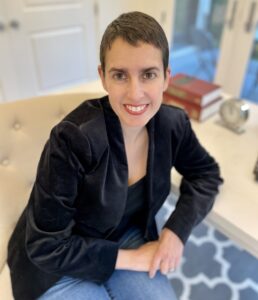
I.S. Berry spent six years as an operations officer for the CIA, serving in wartime Baghdad and elsewhere.
She has lived and worked throughout Europe and the Middle East, including two years in Bahrain during the Arab Spring.
She is a graduate of the University of Virginia School of Law and Haverford College. Raised in the suburbs of Washington, DC, she lives in Virginia with her husband and son.
To learn more about I.S. Berry, click on any of the following links: Website, Twitter, Instagram, Facebook, LinkedIn.
Elena Taylor/Elena Hartwell
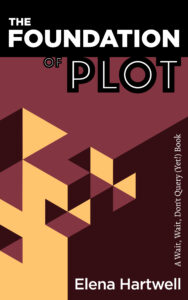
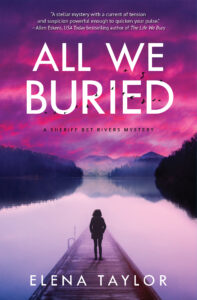 All We Buried, available now in print, e-book, and audio.
All We Buried, available now in print, e-book, and audio.
Silver Falchion Award Finalist, Best Investigator
Foreword INDIE Award Finalist, Best Mystery
The Foundation of Plot, a Wait, Wait, Don’t Query (Yet!) guidebook.

